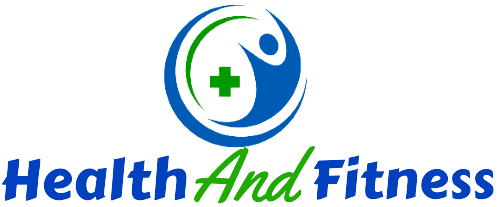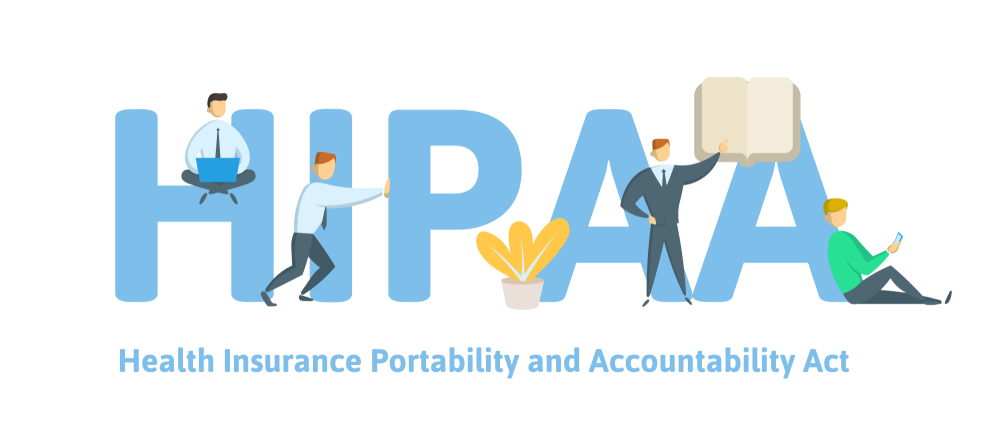In today’s digital world, where sensitive healthcare information is frequently exchanged, safeguarding its privacy and security is critical. This is where HIPAA compliance comes in as a crucial framework for protecting patient information. In this detailed guide, we’ll explore the world of HIPAA compliance, examining its several benefits and types.
What is HIPAA compliance?
HIPAA, or the Health Insurance Portability and Accountability Act, was enacted in 1996 to create guidelines for safeguarding sensitive patient health information. It establishes criteria for healthcare practitioners and organizations to protect this data, assuring confidentiality, integrity, and availability.
The Need for HIPAA Compliance
With the digitization of healthcare records and the growing possibility of data breaches, HIPAA compliance has never been more important. Healthcare organizations must follow HIPAA requirements to avoid significant fines and reputational damage. Furthermore, establishing patient trust and secrecy is critical to maintaining a favorable reputation and developing long-term connections.
Advantages of HIPAA Compliance:
1. Data Security.
HIPAA compliance requires the use of strong security measures to protect electronic health records (EHR) and other sensitive patient data. Healthcare organizations can reduce the risk of unauthorized access and data breaches by encrypting data, restricting access, and conducting frequent system audits.
2. Legal Compliance.
Complying with HIPAA requirements guarantees that healthcare companies follow the law. By conforming to these guidelines, organizations demonstrate their commitment to protecting patient privacy while avoiding hefty fines for noncompliance.
3. Increased patient trust.
HIPAA compliance gives patients trust by assuring them that their sensitive health information is handled with the highest care and security. This increases confidence between patients and healthcare providers, resulting in improved patient-provider relationships.
4. Streamlined operations
Adopting HIPAA-compliant practices generally results in increased operational efficiency within healthcare organizations. By standardizing processes, reducing paperwork, and introducing electronic health record (EHR) systems, providers can improve overall efficiency.
Types of HIPAA Compliance.
1. Administrative safeguards.
These include policies and procedures for selecting, developing, implementing, and maintaining security measures to secure electronic health information.
2. Physical safeguards.
Physical safeguards protect electronic systems, equipment, and data from unauthorized access, manipulation, or theft. This includes restricting physical access to facilities that store electronic information and enforcing procedures to protect electronic media.
3. Technical safeguards.
Technical safeguards refer to the technology and methods used to protect electronic health information. This comprises access controls, encryption, and audit controls to assure data integrity and security.
4. Organisational requirements.
These rules apply to contracts or agreements between covered entities and business associates that specify expectations for the safeguarding of electronic health information.
Key HIPAA Compliance Components: – Privacy Rule This rule governs the use and disclosure of protected health information (PHI) by covered entities.
Security Rule:
This rule, which focuses on safeguarding electronic PHI (ePHI), requires administrative, physical, and technical measures to ensure data security.
Breach Notification Rules:
It requires covered companies to notify impacted persons, the Secretary of Health and Human Services, and, in some situations, the media of a data breach.
Enforcement Rule:
This rule establishes procedures for investigating HIPAA infractions and fines for noncompliance.
The Importance of HIPAA Compliance
Protecting Patients’ Privacy
HIPAA compliance is essential for protecting patients’ privacy rights. Healthcare organizations can maintain patient confidence and confidentiality by putting in place strict privacy and security measures to prevent unauthorized access to sensitive health information.
Mitigating Legal Risks
Noncompliance with HIPAA requirements can have serious implications, including large penalties and legal liability. Healthcare providers and companies that fail to follow HIPAA regulations may face consequences ranging from monetary fines to criminal prosecution, emphasizing the crucial need for compliance.
Enhancing the security of data
In an era of increased cyber risks and data breaches, HIPAA compliance offers a framework for strengthening data security policies within healthcare organizations. Entities can reduce the risk of data breaches and ensure patient information integrity by using encryption, access limits, and frequent audits.
Finally
In conclusion, HIPAA compliance is critical for protecting sensitive patient health information in today’s digital landscape. Healthcare organizations that follow HIPAA laws can reap multiple benefits, including increased data security, legal compliance, and patient trust. Understanding the various levels of HIPAA compliance is critical for successfully adopting comprehensive measures to protect electronic health information.





